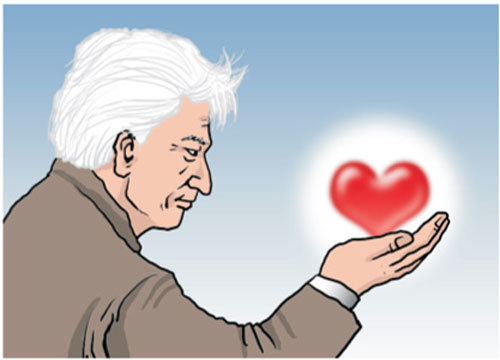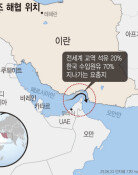Ethics of trauma
Ethics of trauma
Posted November. 24, 2021 07:27,
Updated November. 24, 2021 07:27

Some learn hatred from hatred, while others seek love from love. This is determined by the individual’s capacity. Jacques Derrida, an Algerian born French philosopher, deconstructed love from hatred.
He excelled in studies in his childhood. At the elementary school in Algeria, which was colonized by France at that time, students that had top scores took turns in raising the flag. But when Derrida’s turn came, another student took his place because he was Jewish. The French government also had quotas in place to limit the number of Jewish students, eventually halving the quota and ousting Derrida, a “black, small Jewish that appeared Arabic” in October 1942. He returned to school in April in the following year, but the incident was traumatic to the 14-year-old boy.
The trauma was traceable in all his words and writings as a philosopher. In other words, the trauma became a starting point for his philosophic work. Psychological trauma did not encourage him to work against hatred. Neither resentment nor a sense of inferiority was present, only hospitality towards others. He said that true hospitality is being hospitable about those difficult to hospitalize and that we should be hospitable to all, including animals. This was why he was enraged about Israel’s violence towards Palestine, despite being Jewish. He did not like the contradiction and hypocrisy of Jewish causing suffering when they have suffered by others for centuries.
He was a compassionate philosopher who regarded psychological trauma as the foundation for ethics. He believed that all thinking came from trauma. He believed that there was no need for trauma to be treated or healed. Ironically, his idea of treatment came from refusing to be treated. Perhaps this was possible because he was a man of great capacity.




![아침 공복 따뜻한 물 한 잔, 정말 살 빠지고 해독될까?[건강팩트체크]](https://dimg.donga.com/c/138/175/90/1/wps/NEWS/IMAGE/2026/03/05/133467930.3.jpg)


